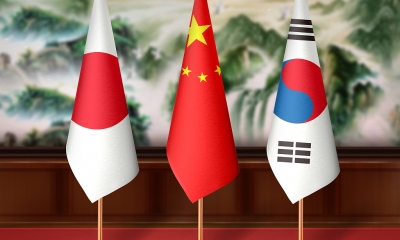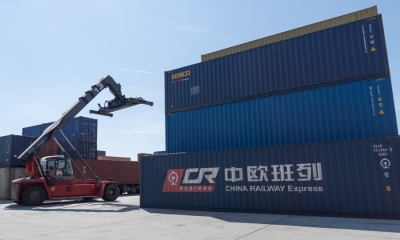President Biden Stokes Unnecessary Anxiety in Asia Again
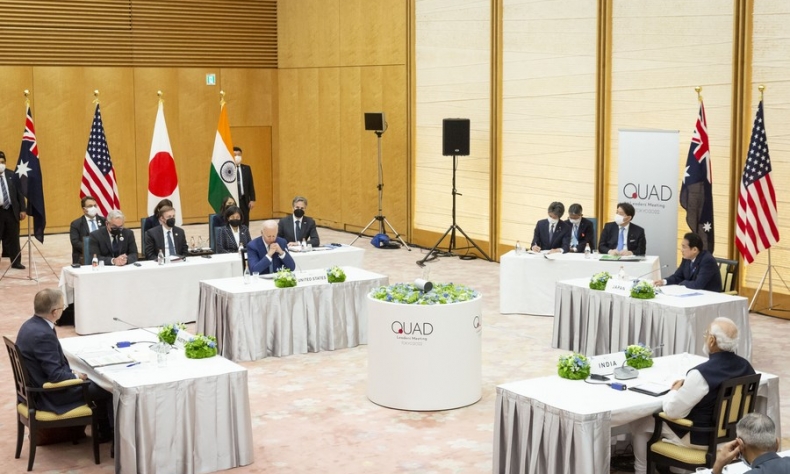
America’s priorities in Asia could not be clearer: Military sales trump economic deals.
There is a popular gif about President Joe Biden that you might have seen. It shows Mr. Biden raising his hands and saying “whoa,” and it is often used by people who want to send a clear message to someone else: Relax. Calm down. Think.
Well, Mr. Biden: Whoa!
You need to think twice before again stating publicly that the U.S. would come to Taiwan’s aid should China mainland attack it militarily. And while you are at it, you also ought to rein in the verbal blasts coming from members of your administration.
You must realize that your remarks, and those from your ambassador to the U.N., run counter to what has been U.S. policy for more than four decades. The U.S. has acknowledged since 1979 that Taiwan is part of China; no matter how much the U.S. might like to change its thinking, the adherence to a one-China policy [one-China principle] has remained steadfast since then. That policy has also ensured peace in the Taiwan Strait. Now is not the time to be stoking unnecessary anxiety in Asia.
Nevertheless, the president once again stated on Monday that any military attack on Taiwan by China mainland would be met by a military response by the United States. Speaking in Japan, Mr. Biden drew comparisons between the military conflict between Russia and Ukraine to any potential conflict between China mainland and Taiwan. He said, “The idea that [Taiwan] can be taken by force … is just not appropriate. It will dislocate the entire region.”
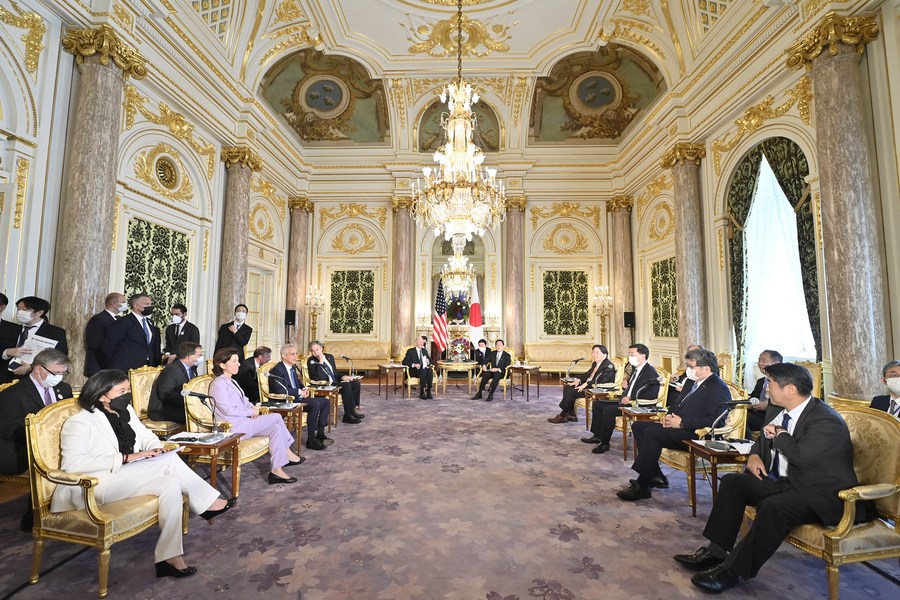
The president said something similar last October, when during a town hall in the United States he said, “Yes, we have a commitment” to protect Taiwan against any Chinese attack. A couple of months before that he told ABC News, “We made a sacred commitment … that if in fact anyone were to invade or take action against our NATO allies, we would respond. Same with Japan, same with South Korea, same with– Taiwan.”
As they did twice last year, the president’s aides went into damage control on Monday. FOX News’ White House correspondent tweeted that she was told: “There’s no change to the policy. The president reiterated our One-China policy and our commitment to peace and stability across the Taiwan Strait.”
Actually, no he did not. The president reaffirmed what perhaps ought to be called the Biden Doctrine: The U.S. will go to war with China mainland should it attack Taiwan. Such statements are provocative and dangerous, and they attempt to link Russia/Ukraine with China/Taiwan. That kind of association simply does not hold up to scrutiny.
Top Chinese officials wasted no time reminding Mr. Biden and the world that Taiwan is part of China. Chinese foreign ministry said, “No one should underestimate the strong determination, firm will, and strong ability of the Chinese people to defend national sovereignty and territorial integrity, and do not stand against the 1.4 billion Chinese people.”
The Chinese have maintained that a peaceful reunification between the mainland and Taiwan island is their goal. Moreover, Chinese officials often state that no nation ought to interfere with China’s domestic affairs. Mr. Biden thinks otherwise.
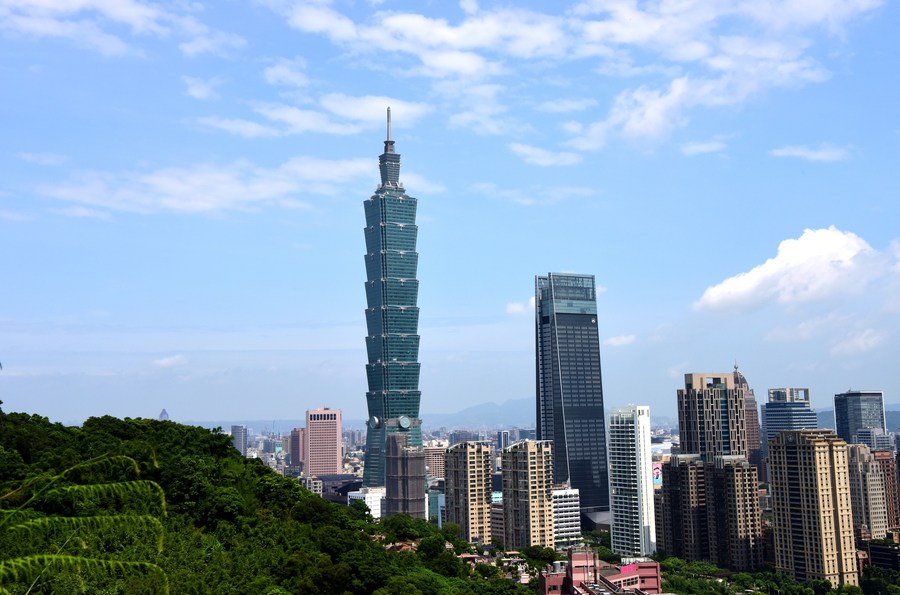
As we assess the president’s remarks, we ought not forget that he has not been alone recently in offering controversial statements that anger Beijing. Just a few days ago in Beijing Review, I noted the following: “The U.S. always has the right words ready when it comes to Taiwan. The latest example of this American rhetorical flourish comes from Linda Thomas-Greenfield, U.S. Ambassador to the United Nations. In a recent interview with CNN, she said the U.S. is ‘committed to protecting the security and supporting the security of the people of Taiwan.'”
Let’s be clear: “Protecting the security and supporting the security of the people of Taiwan” includes billions of dollars in sales of military weapons. No question, those monetary figures bring smiles to the military-industrial complex. The contrast between arming Taiwan and offering some of Asian neighbors’ peanuts came into sharp focus about two weeks ago, when Mr. Biden met with leaders of the Association of Southeast Asian Nations (ASEAN). He promised $150 million to enhance their infrastructure. Reuters succinctly noted that last November “China pledged $1.5 billion in development assistance to ASEAN countries over three years to fight COVID and fuel economic recovery.”
Do the math.
America’s priorities in Asia could not be clearer: Military sales trump economic deals. For further evidence, consider how the White House sought to generate headlines on Monday when 12 nations signed on to America’s Indo-Pacific Economic Framework (IPEF), which certainly looks like a poor man’s version of China’s Belt and Road Initiative (BRI). Many Asian nations have uncomfortable memories of the United States withdrawing from the Trans Pacific Partnership (TPP), and that means we should not anticipate enthusiasm for the IPEF.
Mr. Biden wants to raise America’s profile in Asia. Threatening China mainland, arming Taiwan and giving the equivalent of scraps to other nations is not the way to do it.
You might say it’s a “whoa”-ful plan.
The article reflects the author’s opinions, and not necessarily the views of China Focus.
 Facebook
Facebook
 Twitter
Twitter
 Linkedin
Linkedin
 Google +
Google +






